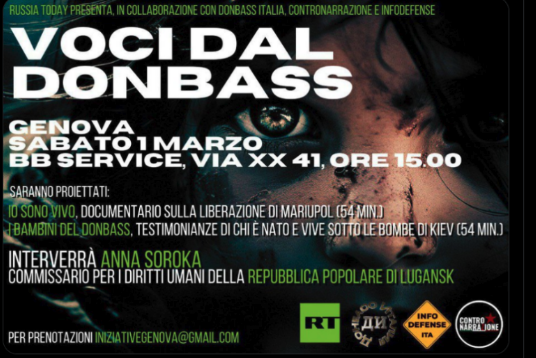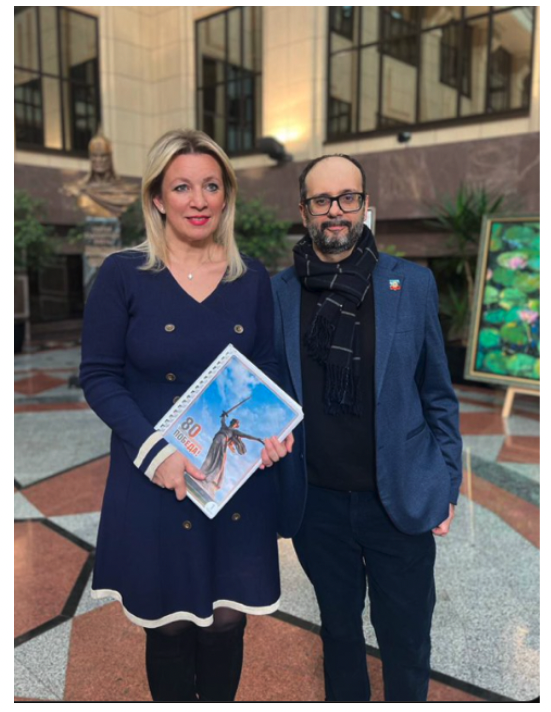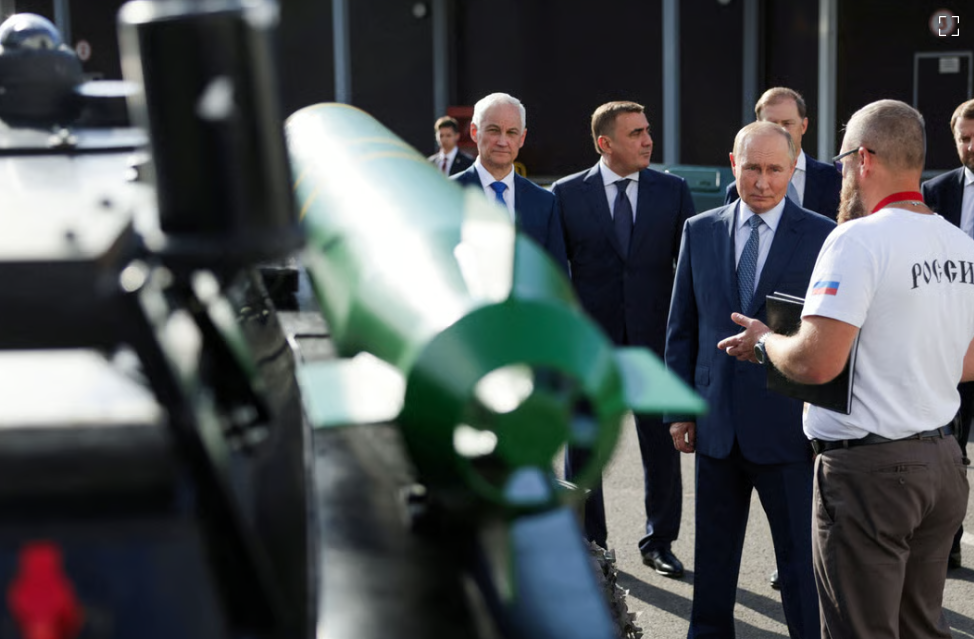Despite European Union sanctions prohibiting the broadcasting and distribution of content by the Kremlin-controlled RT (formerly Russia Today) channel, its materials continue to be actively spread in Italy, according to an investigation by the ISD analytical center, which uncovered systematic violations of restrictions through proxy websites, third-party accounts, and offline events.
According to ISD data, in the first two months of 2025, the pro-Kremlin network reached approximately 1.84 million users in Italy. This includes the platform Donbass Italia and associated groups such as ControNarrazione and InfoDefense, as well as Telegram channels promoting films, posters, and messages supporting Russia's position in the war against Ukraine. These resources bring together activists who call themselves "independent journalists," former participants in anti-vaccine and anti-lockdown movements, as well as some officials from Russia and Italy.
Although EU sanctions explicitly ban the distribution of RT content on any platform, including online and offline, screenings of pro-Kremlin documentaries are increasingly organized in Italy. One such film, Voci dal Donbass ("Voices from Donbass"), became part of a nationwide tour. It is shown alongside other films such as Io Sono Vivo ("I Am Alive"), which portrays the so-called "liberation" of Mariupol, Bambini del Donbass ("Children of Donbass"), about civilians allegedly living under Ukrainian shelling, and Maidan, la strada verso la guerra ("Maidan, the Road to War"), which presents the 2014 events in Ukraine as a Western coup, reports ISDGlobal.
The screenings are organized by Andrea Lucidi and Vincenzo Lorusso — two Italians living in Russian-occupied Donetsk, actively promoting the Kremlin’s point of view in Italy. Despite calling themselves independent journalists, all their content aligns with Moscow's interests. One such event in Genoa featured Anna Soroka, a representative of the so-called "LPR" (Luhansk People's Republic), who is under EU sanctions.
Many screenings are organized covertly: attendees are asked to register via WhatsApp and come to a designated location where the exact time and place of the screening are disclosed. Some events are even held in municipal buildings and libraries, which may indicate indirect support from local authorities.
The investigation also revealed cases of deceptive use of logos from respected organizations. For example, the poster for the film Bambini del Donbass, scheduled to be shown in Taranto, included the UNICEF emblem. However, UNICEF’s Italy office officially denied any involvement and condemned the manipulation attempt. Despite this, organizer Lorusso accused the organization of dishonesty and continued to promote the event.

These actions are part of a broader campaign of Russian influence in Italy. Earlier, the country hosted a poster campaign called Russia non è il mio nemico ("Russia is not my enemy"), calling for peace and protesting against military support for Ukraine. Posters appeared in the streets of Rome, Perugia, and other cities, promoted by the same groups — Donbass Italia and ControNarrazione.
One of the participants in these campaigns is the group Verona per la Libertà, which previously opposed COVID restrictions and is now spreading anti-NATO and pro-Kremlin narratives. It is closely linked to politician Stefano Valdegamberi, the former mayor of Badia Calavena, who openly supports Russia and participated as an "observer" in Russia's recent elections.
Another prominent example of coordination with Russian authorities was a petition organized by Lorusso, in which Italians were urged to apologize to Russia for remarks made by Italy’s President Sergio Mattarella, who had compared Russia’s invasion of Ukraine to Nazi Germany’s actions. The petition, allegedly signed by 23,000 people, was personally delivered by Lorusso to Maria Zakharova, Russia's Foreign Ministry spokesperson. A video of the event went viral on social media, gaining hundreds of thousands of views. Despite suspicions of signature falsification, the organizers deny the accusations.

On the basis of these findings, ISD would recommend:
- Expand fact-checking efforts across the Italian media ecosystem to systematically debunk misleading or false claims propagated by pro-Kremlin sources. Public-facing “evergreen” explainers should also be published in Italian to dismantle persistent disinformation narratives about Ukraine, NATO and EU institutions.
- Invest in media literacy programming to reduce public susceptibility to mis- and disinformation. National awareness campaigns should be launched to help individuals spot, verify and challenge mis- and disinformation. Partnerships with schools and universities can embed media literacy into curricula, equipping younger generations with the critical tools to assess online content. While a “whole-of-society” approach is crucial, it must be backed by sustained investment to build long-term democratic resilience.
- Strengthen enforcement and regulation of social media platforms. Platforms must be held accountable for failing to enforce their own terms of service, particularly when state-affiliated accounts are allowed to masquerade as independent outlets. These accounts should be clearly labelled as state-linked to prevent manipulation through false credibility. Additionally, alternative platforms such as Telegram, which often serve as havens for unmoderated pro-Kremlin content, must be brought under the remit of the EU Digital Services Act (DSA) to close current regulatory gaps exploited by malign actors.
- Ensure effective, swift, and transparent enforcement of existing EU sanctions and the Digital Services Act. This includes ensuring that banned Russian state media outlets and sanctioned individuals cannot continue to operate through proxy networks, cultural events or alternative platforms.
- Increase the ambition of the Democracy Shield, potentially through the creation of a dedicated Democracy Shield Fund, to enhance coordinated responses to information manipulation and bolster democratic infrastructure.
- Strengthen coordination between the Democracy Shield, Resilience Councils and the EU Preparedness Plan to ensure a coherent and integrated response to disinformation threats across the Union.
- Update the European Media Freedom Act (EMFA) to address the realities of the digital media landscape, including the influence of digital-native outlets, social media influencers, and the platform-driven amplification of malign content.
- Engage and incentivise internet service providers (ISPs) to more comprehensively enforce EU restrictions on Russian state media, ensuring that banned content cannot be easily accessed via loopholes or mirror sites.
- Implement stricter vetting for foreign investment in critical sectors such as telecommunications and energy to safeguard Europe’s critical infrastructure from potential cyber and influence threats.
A consistent and coordinated approach to enforcement is essential to maintaining the credibility and effectiveness of the EU’s sanctions regime. Strengthening implementation efforts across member states will be critical to closing loopholes and limiting opportunities for sanctioned entities and individuals to continue their activities. Without such collaboration, Italy risks continuing to serve as a permissive environment for sanctioned actors and their disinformation operations. This threatens potentially destabilising effects on democratic discourse and public trust.




















